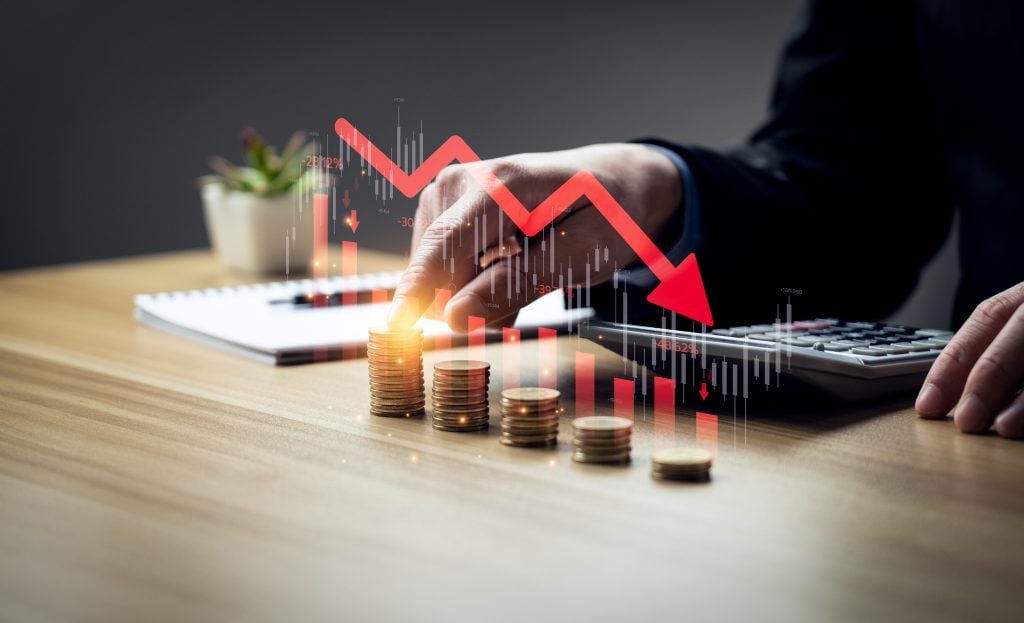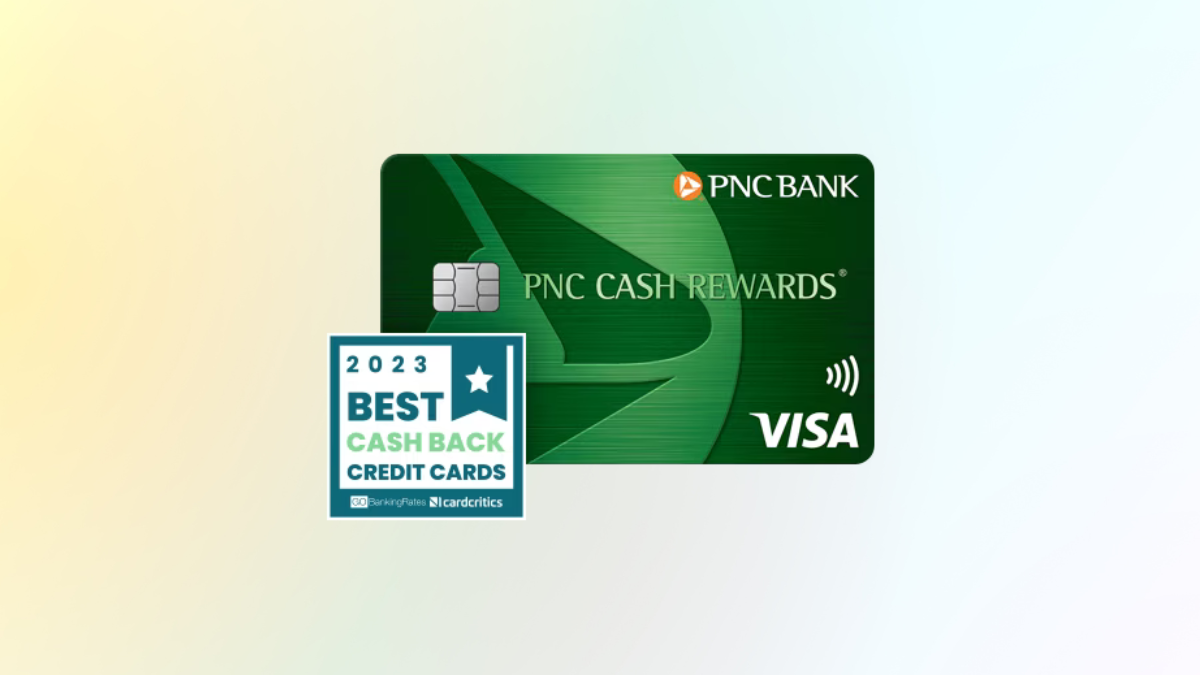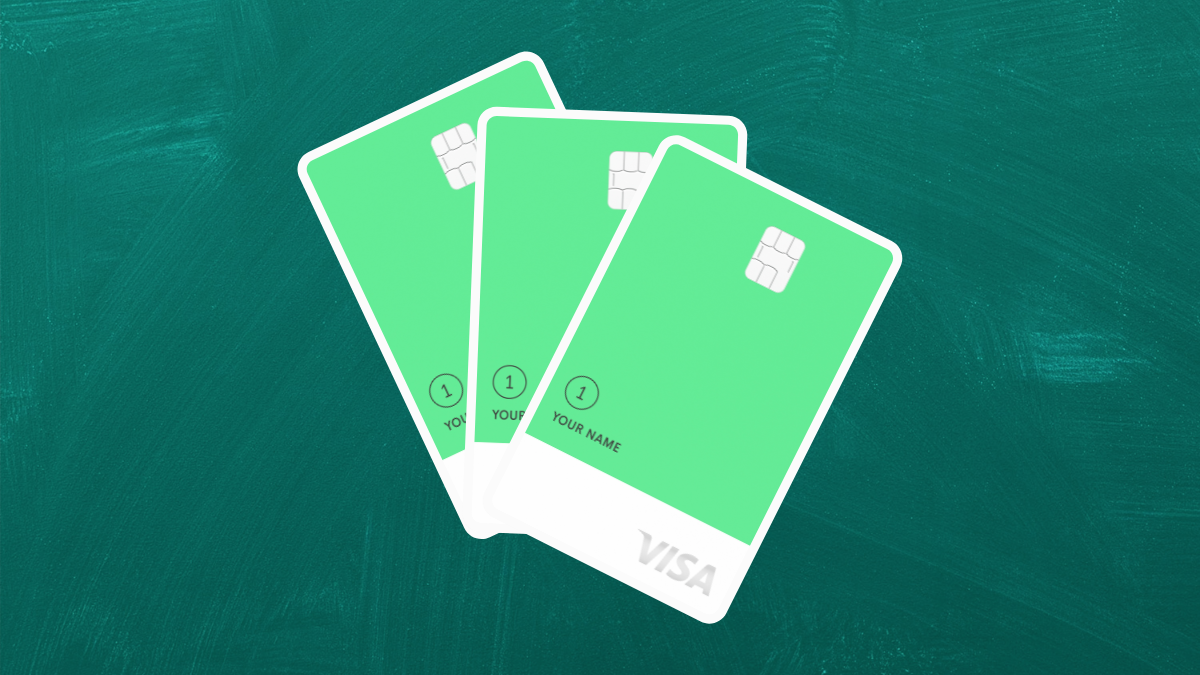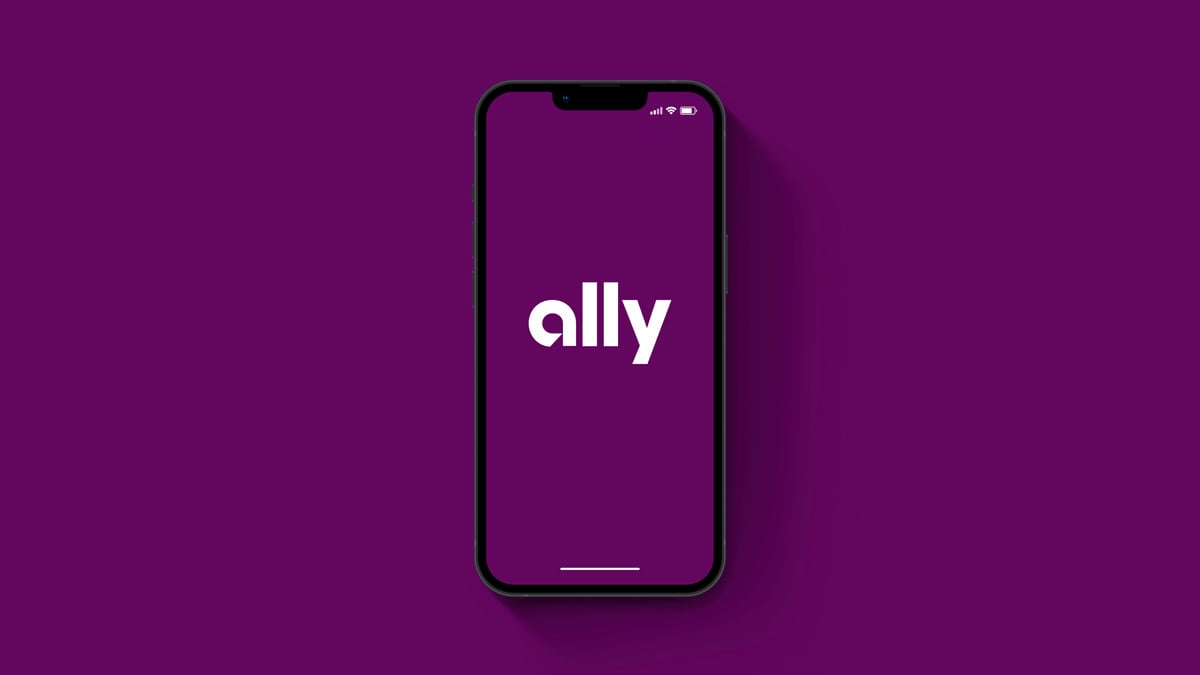Finances
Savings vs. checking accounts: Understand the difference
Investing in savings and checking accounts is important in managing your finances. We break down the differences between these two! Read on!
Advertisement
Find out when to use savings and checking accounts

Are you confused about the difference between savings vs checking accounts? You no longer need to be!

Best payment type to stick to a budget
Wondering what is the best payment to stick to a budget? Check out this post for everything you need to know about the different types of payments.
This blog post will explain what sets each bank account apart, how they’re used, and why it pays to think strategically when choosing which one is best!
You will be redirected to another website
You’ll receive messages for less than 1 week, with a maximum of 1 message per day. You can unsubscribe anytime by replying STOP. By submitting this form, I confirm that I am 18+ years old and agree to the Privacy Policy and Terms and Conditions. I also provide my signature, giving express consent to receive informational messages via automated emails, SMS, MMS text messages, and other forms of communication. Message frequency may vary as part of our good-faith effort to respond to your inquiry. Message and data rates may apply. Text STOP to cancel. I understand that my consent to receive communications is not a condition of purchase and that I may revoke my consent at any time.
Advertisement
What is the difference between savings and checking accounts?
A savings account and a checking account are two of the most important financial tools people have.
Furthermore, understanding how savings and checking accounts work is key to making the best decisions with your money.
Moreover, the biggest difference between savings and checking accounts is that savings accounts help you save for long-term financial goals.
In this sense, with savings accounts, any earned interest helps your savings grow—allowing you to gain more while holding onto your funds longer.
On the other hand, the convenience of writing checks and easily accessing cash make the checking account your ideal ‘daily transaction’ account.
Savings account
A savings versus a checking account is ideal for storing money while sustaining access.
Unlike checking accounts, savings accounts can accrue interest and savings over time.
Savings accounts are available at various traditional banks, online banks, and credit unions. In this sense, you can compare rates and fees across all these platforms.
Regarding growing funds for plans, savings accounts offer a secure option for amassing money with competitive APYs.
So, if you’re looking for the perfect place to stock your savings away from its intended purpose, consider opening a savings account today.
Advertisement
Advantages

Savings accounts are a great way to store liquid funds, as they offer several advantages that make saving money easier and safer.
It offers an annual percentage yield (APY) that makes your money grow more quickly. Also, saving accounts are easy and quick to open, so you can start saving hassle-free.
Plus, saving account funds are accessible anytime, giving you the flexibility to withdraw or transfer your deposits when needed.
The FDIC secures up to $250,000 for the saving account. This way, you will have peace with your financial institution.
Lastly, saving accounts offer a low-risk way of growing your funds without worrying about the stock market or other high-risk investments.
Disadvantages
Saving accounts can provide an extra layer of financial security, but there are some disadvantages to saving with saving accounts.
Furthermore, fees can be charged by some financial institutions. In addition, low-interest rates are also commonplace due to the low risk associated with saving accounts.
Also, saving accounts do not offer tax benefits and often have restrictions such as minimum deposit requirements or withdrawal limits.
Finally, if you plan on saving more than $250,000 in an account, only the first $250,000 will be FDIC insured.
Also, it is important to be aware of these potential drawbacks of saving accounts.

What is a high-yield savings account
A detailed explanation of what is a high-yield savings account, how it works, its benefits, and its drawbacks. Keep reading!
Advertisement
Checking account
Checking accounts is extremely useful for managing your finances and creating financial freedom.
They provide a reliable way to access your money quickly and securely without worrying about carrying large amounts of cash.
In addition, checking accounts allow you to make deposits in various forms and electronic payments through transfer methods like ACH or wire transfers.
Having a checking account also gives you the convenience of a debit card which can be used for convenient ATM withdrawals or purchases at locations worldwide.
All in all, checking accounts are versatile tools that make it easy to build up savings while providing valuable security measures and convenience.
Advantages
Checking accounts offer several distinct advantages, making them one of the most popular ways to manage finances.
In addition, many checking accounts today have FDIC insurance, meaning your money is much more secure than if kept in a jar or under a mattress.
Moreover, you also get easy access to your money with a debit card, and direct deposit allows you to receive your paycheck hassle-free.
Some checking accounts can be paid up to two days sooner.
Finally, checking accounts makes tracking your spending easy because all your deposits and activity are recorded in one place.
Disadvantages

First, this type of account does not usually come with an interest rate.
Furthermore, this can disappoint people wanting to exploit compounded interest.
Also, checking accounts come with monthly fees or minimum balances.
On top of all this, checking account services may also charge transaction costs. When you transfer funds or make payments from one checking account to another.
So before signing up for checking accounts, it’s important to compare different banks and their services to get the best deal possible.
Is it better to have a checking or a savings account?
Choosing savings vs. checking accounts can be difficult as both have advantages and disadvantages.
The type of access you need should be your priority when selecting either type of account.
Do you prefer digital banking, or do you still use branch banking? What features would work best for you — online and mobile banking tools, the number of ATM locations?
Additionally, it’s worth researching banks’ special perks for opening an account. So, depending on your needs, you may reap the benefits of both accounts.
There are many savings, and you must choose the best option for your case. So check out some tips on 6 saving accounts that may interest you.

6 types of savings accounts
Unsure about the best way to save your money? Check out this guide to learn more about different types of savings accounts!
Trending Topics

Apply for the PNC Cash Rewards® Visa® Credit Card in 10 minutes
Apply for PNC Cash Rewards® Visa® Credit Card and Earn up to 4% Cash Back on all Your Purchases- Complete Guide.
Keep Reading
Learn to apply easily for the Bad Credit Loans
Need a loan fast, but have bad credit? Don't worry! Our step-by-step guide lets you easily learn how to apply for Bad Credit Loan. Read on!
Keep Reading
National School Lunch Program: see how to apply
Learn how to apply to the National School Lunch Program and get your children nutritious meals. Learn more now!
Keep ReadingYou may also like

No need to leave home: 10 best Pregnancy Test Apps to download
Expecting a baby? Don't miss out on our top 10 picks for the best pregnancy test apps to make your journey easier.
Keep Reading
Petal® 1 “No Annual Fee” Visa® Credit Card review: is it legit and worth it?
Petal® 1 "No Annual Fee" Visa® Credit Card will help boost your score. In this post, we'll take a closer look at its benefits!
Keep Reading
Ally Bank increased its APY rates to 0,90%
Ally Bank has been increasing its APY rates for customers. Check out the latest increase and see just how much you can earn.
Keep Reading